We were at a playgroup with a few children. It was not a large group. My son-at that age-was a total follower. He wanted to follow the big kids. They made him laugh and looked like fun.
The problem was, he was about 16 months old. He was not at a stage where he could think about his actions. He only saw the big boys running and making messes and thought since they looked like they were having fun that he needed to be a part of that.
The other moms were not getting involved. I don’t know why. Two moms were deep in conversation and did not appear to notice that their boys (who were about 3-4 years old) were pushing toys on the floor, taking toys away from other kids, and basically being irritating.
They needed some intervention, some discipline lessons to teach them that behavior was not ok.
I noticed my little 16-month-old mimicking the older boys. He normally played well with kids-that was his problem, he was TOO social, if that is a thing. He wanted to be in a social group even at 16 months old!
I needed to teach him right from wrong. No way my child was going to think that acting in that destructive way was ok-or fun.
Discipline In Parenting
I walked across the room from where I was seated near a friend, and immediately told my child that he needed to pick up the toys he just pushed to the floor. I said we need to keep the toys on the table and not take toys away from others.
Being 16 months old meant I was going to have to say these statements on repeat for about the next 3 years! (That is a fact.)
My son and I picked up the toys. I asked him to play nicely and walked back to my mom friend.
That lasted about a minute. He saw the big boys on their rampage and headed back to join in.
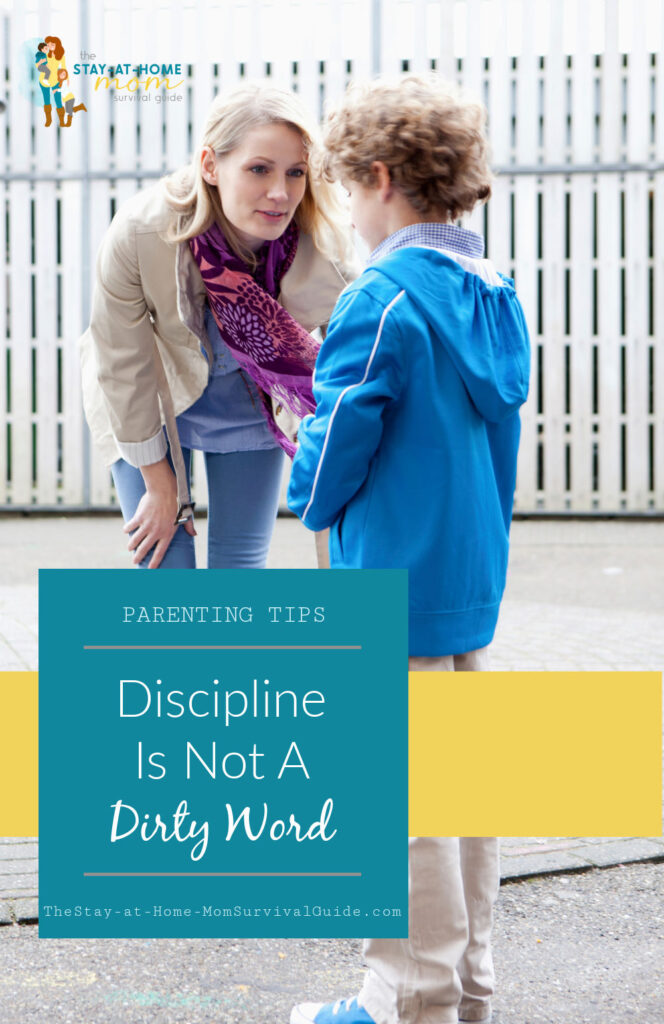
That was it. Time to go.
I needed to make a point and one that was appropriate for a 16 month old. I walked over to my son, held his hand, and said, “You are not playing nicely. That means we have to go home.”
A lesson in discipline happened.
He cried. Full on tantrum. He leaned back in my arms like he wanted to break free. Have your kids done that? Made me feel like a terrible mom that my child would throw such a tantrum!
But, you know what? He got strapped into his carseat. I pretty much repeated 100 times in a row, “You did not play nicely. So we have to leave.” He probably didn’t register my words, but my actions showed him that his behavior was not ok.
He was only a little guy, but he was still learning. If we had stayed and he had continued to misbehave, I would not have been teaching him how to play well with others. His actions were affecting himself and the other children. My parenting actions had to respond.
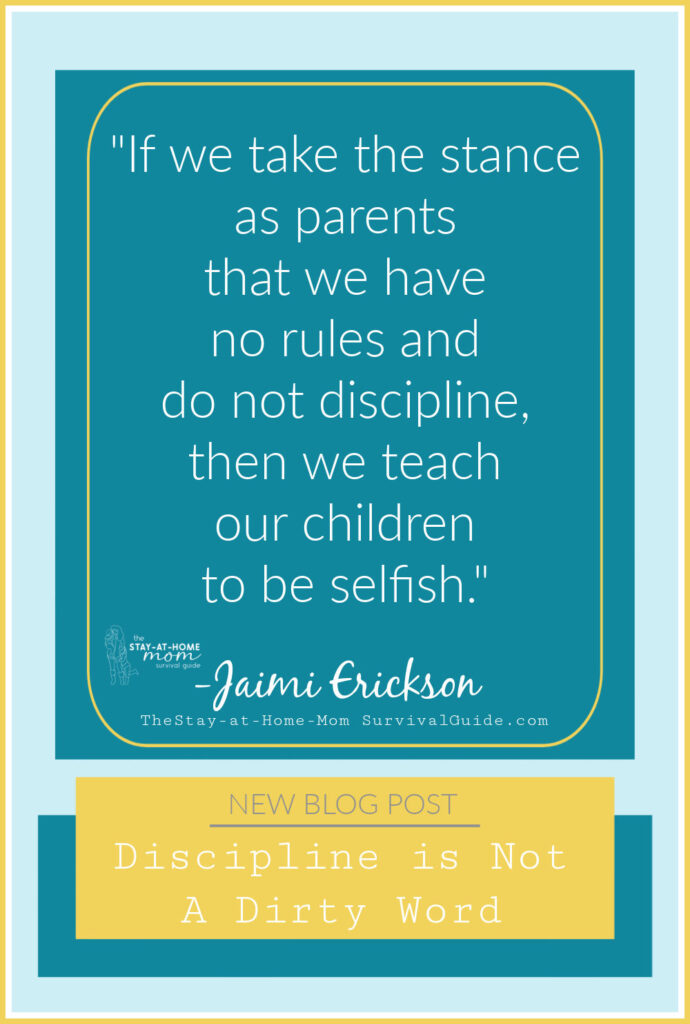
Thinking of it in those terms makes ‘discipline’ sound like a pretty good goal to me!
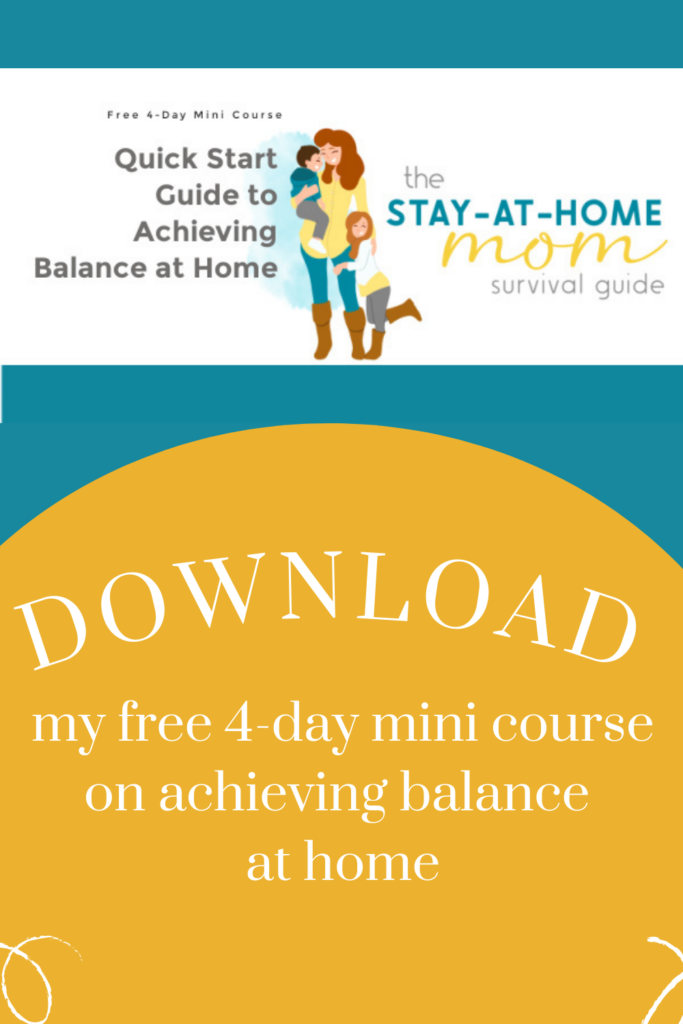
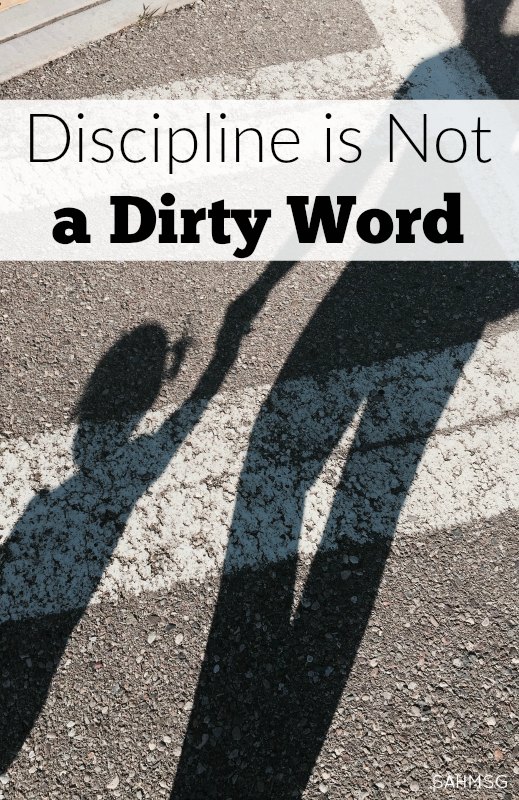
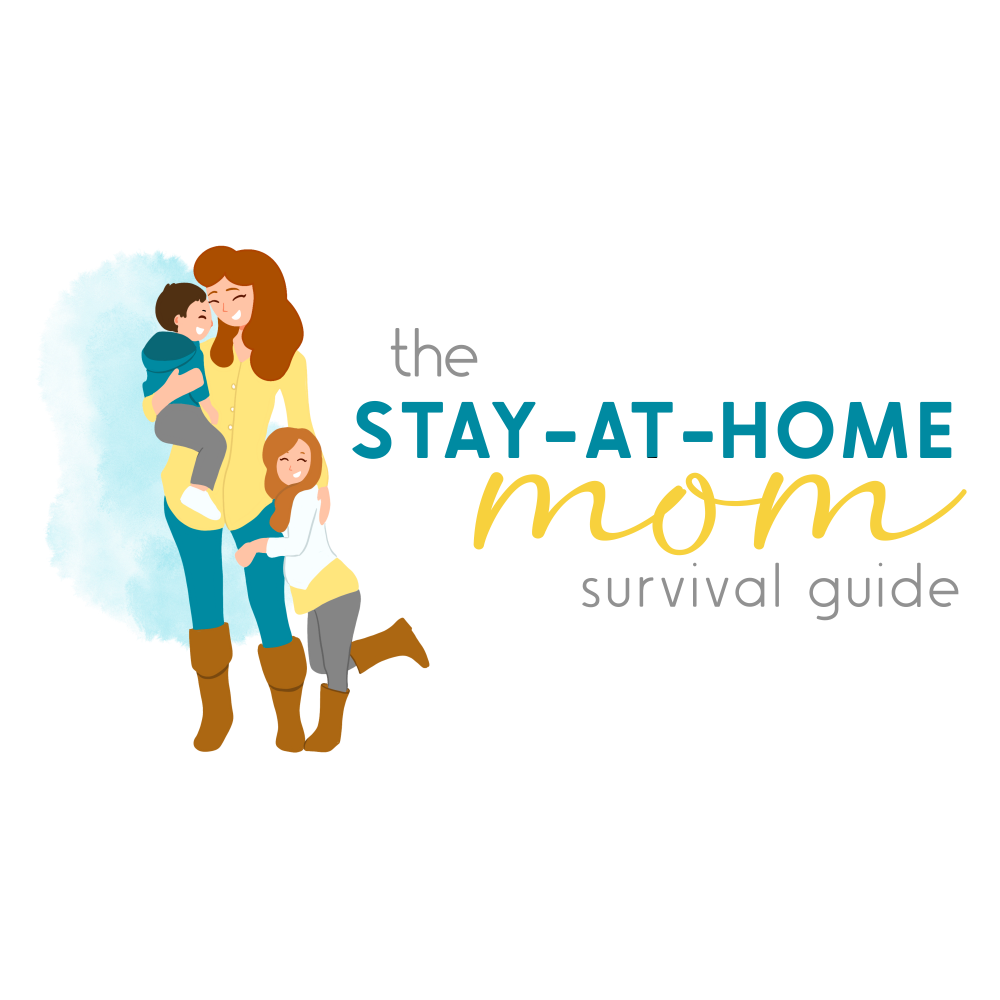
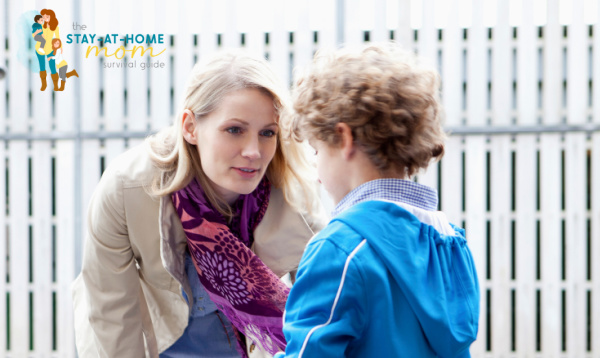
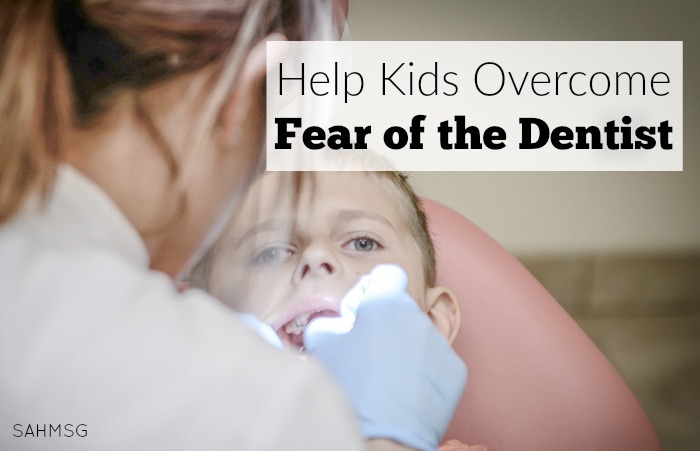

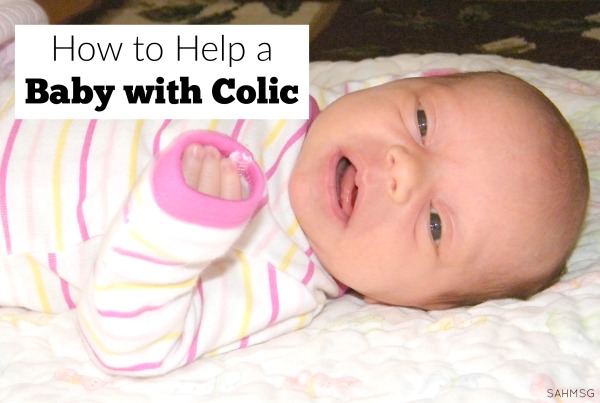
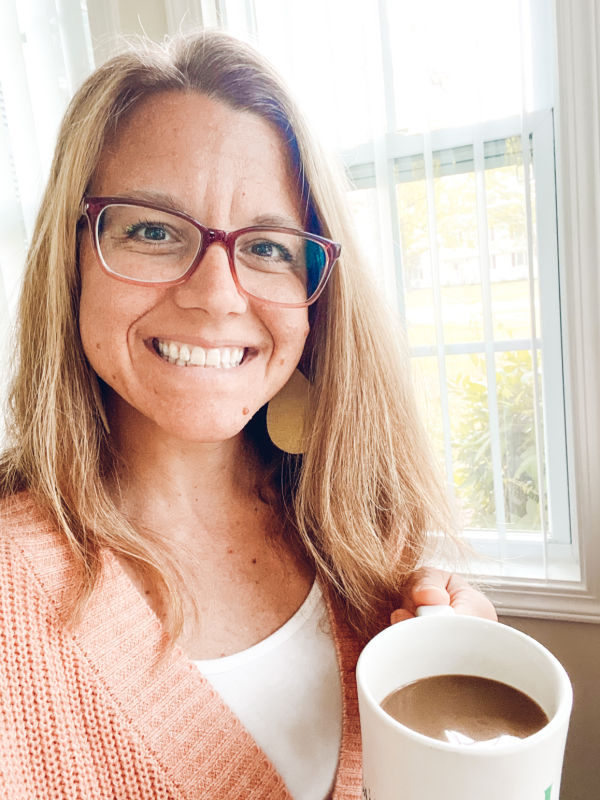
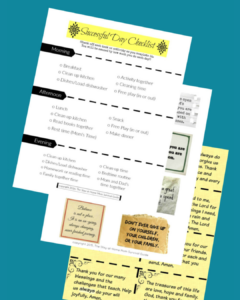
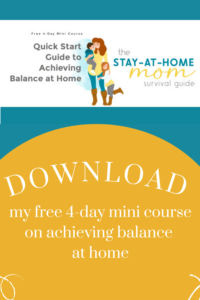
Trackbacks/Pingbacks